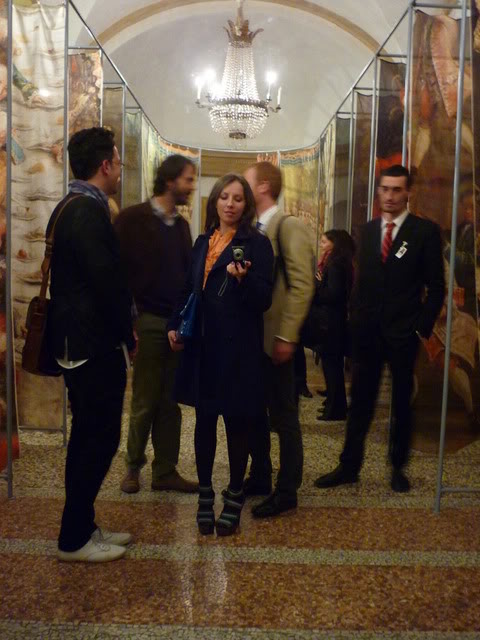This piece was first published in Icon Magazine, October 2011.
Jeremy Hutchison, a recent graduate of the Slade School of Art, has devised Err, a witty exploration of the gulf between the makers of mass-produced and unique objects. Hutchison embarked on the project curious to see what would happen when the concerns of high-status design were brought to bear on objects fabricated by anonymous factory workers: footballs, combs, garden tools, shoes, and so on. Hutchison began by contacting numerous factories around the world with a special order: he wanted only one product, the product must be made with an error, the error must make it impossible to use the product for its originally intended purpose and the factory worker must decide what the error should be. Factory managers sent puzzled replies. Some thought he was joking, others were insulted; they couldn’t understand why anyone would purposefully commission products with errors, or as one factory manager said: “Everyone in the world strives to improve not to create error.”
Yet faulty products soon began to arrive in Hutchison’s London studio, accompanied by stories and photos of the workers who designed and made them. A wooden comb with no teeth made by a factory worker in Kolkata is a surprisingly beautiful object, and a replica Ghost chair is accompanied by a glowing email from the Chinese factory manager explaining the initial puzzlement, then gleeful joy of his worker as he destroyed the chair with a variety of increasingly powerful tools.
Hutchison speaks of the Err project stemming from his desire to interrupt the process of globalisation. “I wanted to make the world reappear again so I removed globalisation’s central shaft – quality control – and stuff began to reappear: human beings, manual processes, customs issues.” Indeed, one of the products – a football ordered in a Pakistani factory that makes 100,000 footballs a month – got the factory in such trouble with Pakistan’s customs office that the factory almost had its operating licence revoked for deliberately manufacturing faulty products. The football was confiscated and destroyed.
Our adulation for the individual designers who produce craft or luxury objects contrasts sharply with our lack of interest in the designers and makers of mass-produced objects. The disconnect is brought into sharp focus, not only by the resulting faulty products, but by the Skype transcripts and emails between Hutchison and the factories. Err reveals that all across the world, the individuals fabricating mass-produced objects strive as hard to make each one virtually indistinguishable from the rest as Maarten Baas strives to make each of his pieces unique. Yet, if Hutchison’s project is anything to go by, this invisible, global workforce possesses just as much creativity, imagination and humour as our international superstar designers; they just aren’t rewarded for expressing it.
All photos credit Jeremy Hutchison.




2 comments:
wow, love this, well done
those shoes look pretty impressive but I don't think that my girlfriend would use something like that
Post a Comment